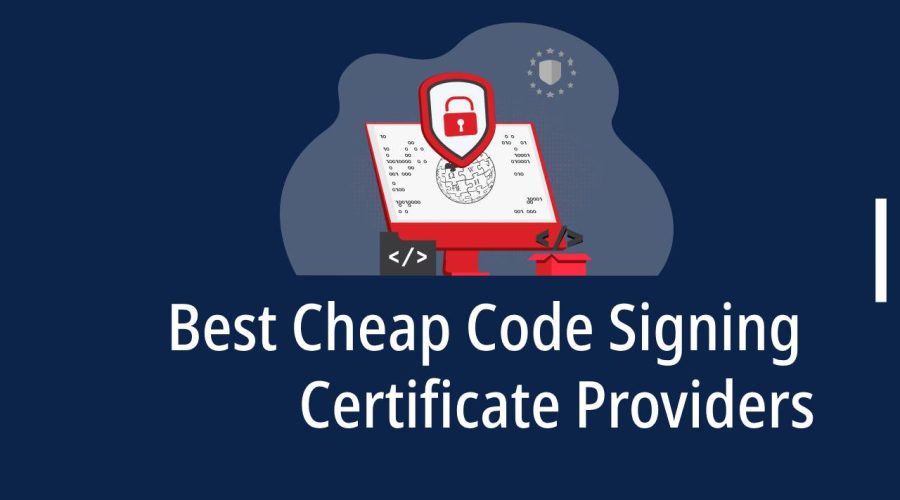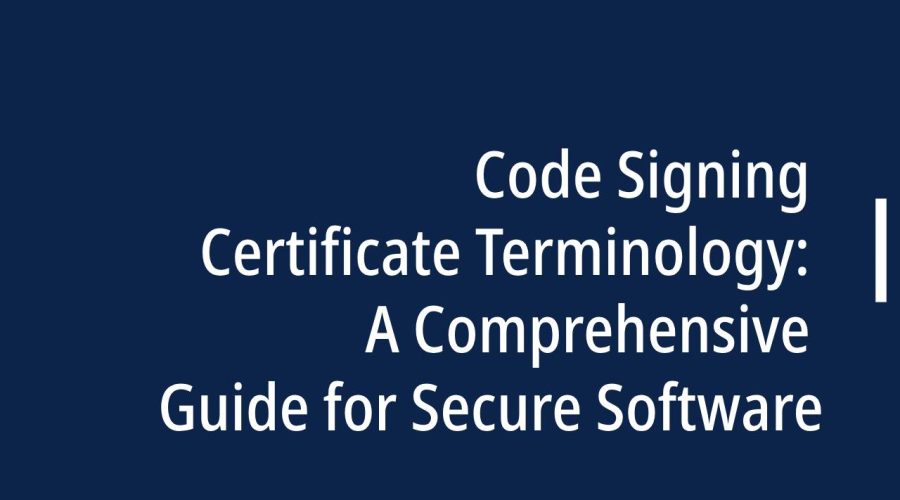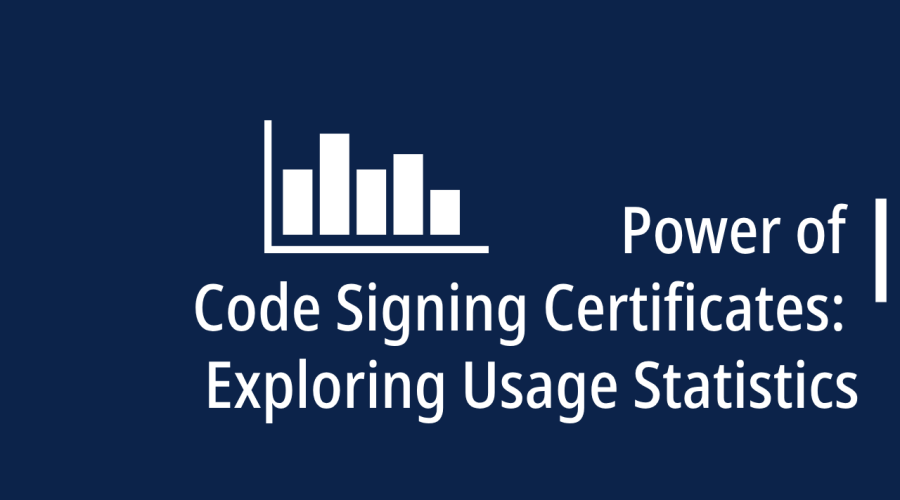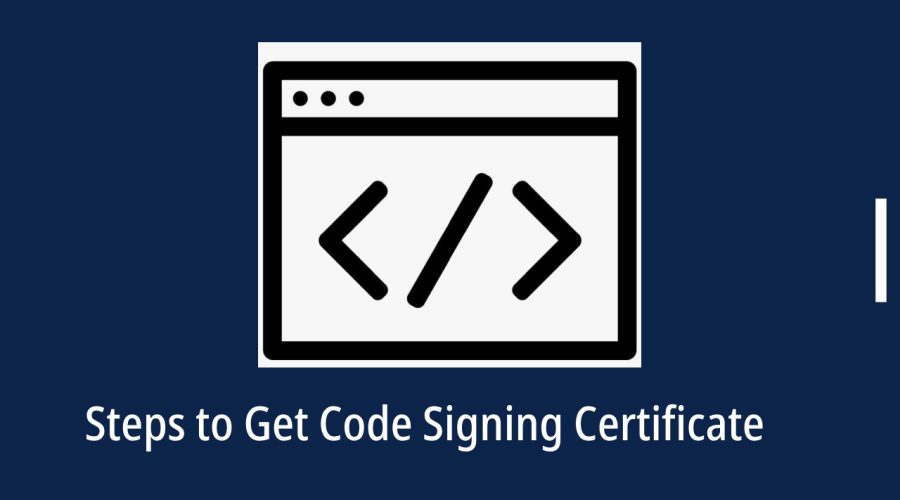Top Cheap Code Signing Certificate Providers
Code signing certificates are a critical component of software development and distribution. They ensure the integrity and authenticity of your code by digitally signing it, allowing users to trust your software. However, procuring a code signing certificate can sometimes be an expensive affair. This blog post delves into the top
Read moreA Comprehensive Guide to Install Sectigo Code Signing Certificate on Windows
Code signing certificates play a crucial role in ensuring the authenticity and integrity of software applications. Sectigo, a leading Certificate Authority (CA), offers Code Signing Certificates that provide a trusted way to sign software. In this comprehensive guide, we will walk you through the steps to install a Sectigo Code
Read moreWhat is Comodo Code Signing Certificate? A Complete Guide
Code signing is the process of digitally signing software or code to prove its authenticity and integrity. It involves the use of cryptographic keys to create a digital signature, which is then attached to the software. This digital signature acts as a seal of trust, assuring users that the software
Read moreHow to Verify Your Code Signing Certificate Installation?
Ensuring that the software you distribute has not been tampered with and comes from a legitimate source is crucial. Code signing certificates play a pivotal role in achieving this trust. These certificates are used to digitally sign software and verify its authenticity. However, the process doesn't end with obtaining a
Read moreCode Signing Certificate Terminology: A Comprehensive Guide for Secure Software
Whether you're a software developer or a cautious end-user, you've likely come across the term "Code Signing certificate" in your digital journey. While it's a crucial component for security, it can be wrapped in jargon that makes it seem complex. In this blog, we'll break down Code Signing certificate terminology,
Read moreCode Signing Certificates: Exploring Usage Statistics
Code Signing certificates have emerged as a critical tool in ensuring trust and security for both developers and end-users. These digital certificates play a pivotal role in guaranteeing the authenticity and integrity of software, and their usage has grown exponentially over the years. In this blog, we delve into the
Read moreEasy Steps to Get Code Signing Certificates
Software security is of utmost importance. One crucial aspect of securing your software is code signing. Code signing certificates play a pivotal role in ensuring the integrity and authenticity of your software by digitally signing your code. This process confirms that the software has not been tampered with and is
Read moreHow to Digitally Sign App?
Digitally signing an app is a crucial step in the software development process, especially for ensuring the integrity and authenticity of the app. Here's a step-by-step guide on how to digitally sign an app: Step 1: Obtain a Code Signing Certificate: To digitally sign your app, you need a code
Read moreHow to Set Up Your New Code Signing Hardware Token
Setting up a new code signing hardware token is an important step in ensuring the security of your software development process. Code signing helps verify the authenticity and integrity of your software. Here's a step-by-step guide on how to set up your new code signing hardware token: Step 1: Obtain
Read moreWhat is HSM? Understanding Hardware Security Modules (HSMs)
In the current landscape, businesses increasingly demand robust data security and meticulous key management. Effectively overseeing the lifecycle of cryptographic keys necessitates automation, making Hardware Security Modules (HSMs) an invaluable asset. HSMs offer a dedicated, tamper-resistant sanctuary to safeguard keys and data while streamlining key management processes. But what exactly
Read more








